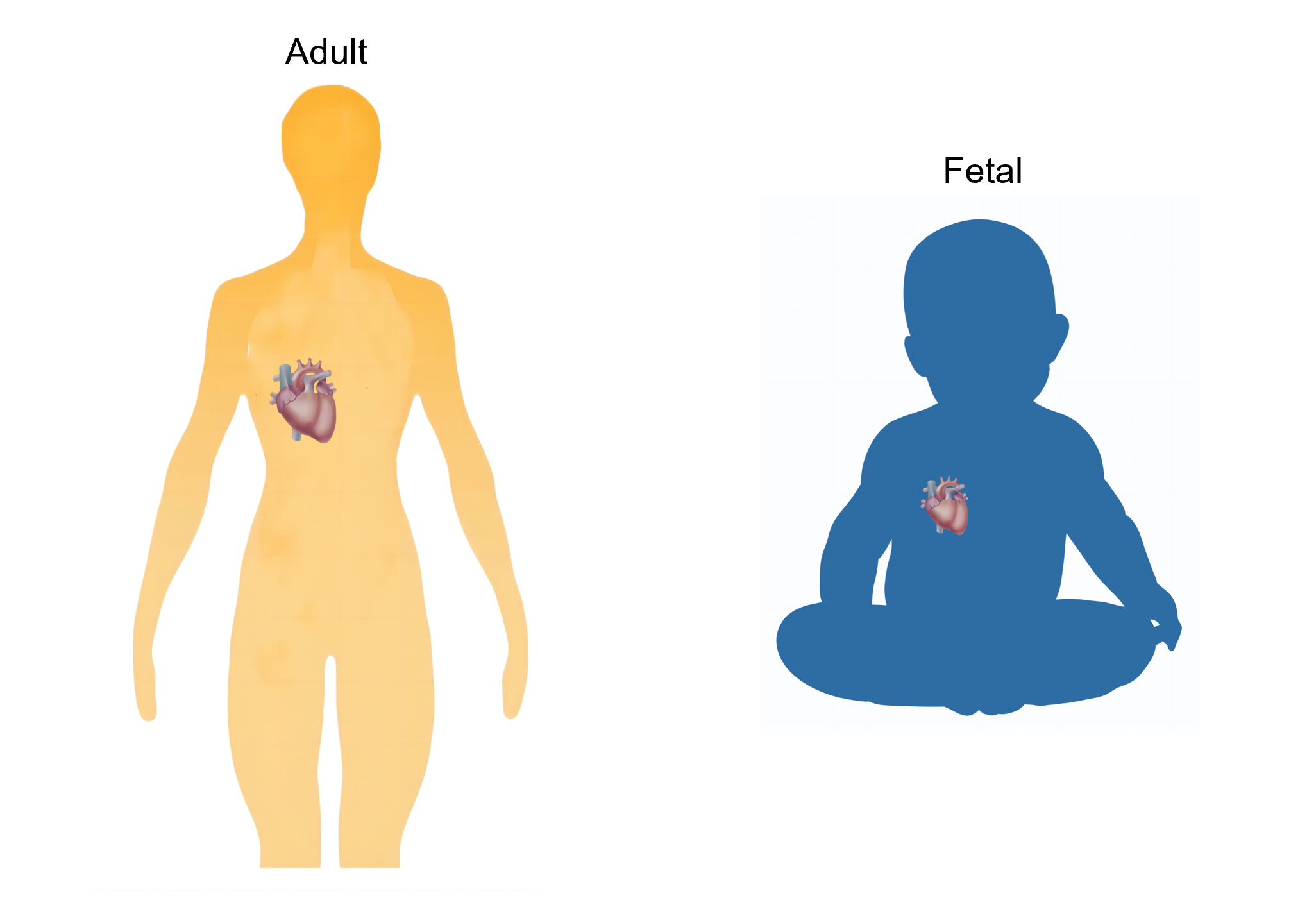Overview
The application of single-cell chromatin accessibility data in heart research provides unprecedented insights into the mechanisms underlying cardiovascular diseases and their potential impacts on human health from an epigenetic perspective. The heart is a complex organ maintained by the coordinated efforts of various cell types to perform its normal physiological functions. Recognizing this complexity, we have developed CASHeart, a cardiac single-cell chromatin accessibility database.
As of now, CASHeart encompasses:- Data from 3 large-scale datasets encompassing 56 samples, including both adult and fetal donors.
- 212,600 cells in total, representing 10 distinct cell types, each accompanied by comprehensive cell type annotations.
- CASHeart more accurately reveals the heterogeneity of heart cell types compared to original data.
- CASHeart provides analysis of differential chromatin accessibility and differential gene expression.
- CASHeart provides transcriptome data converted using EpiScanpy, enabling more comprehensive data analysis.
- CASHeart serves as a reference dataset that facilitates the analysis of human heart single-cell transcriptomic data.

